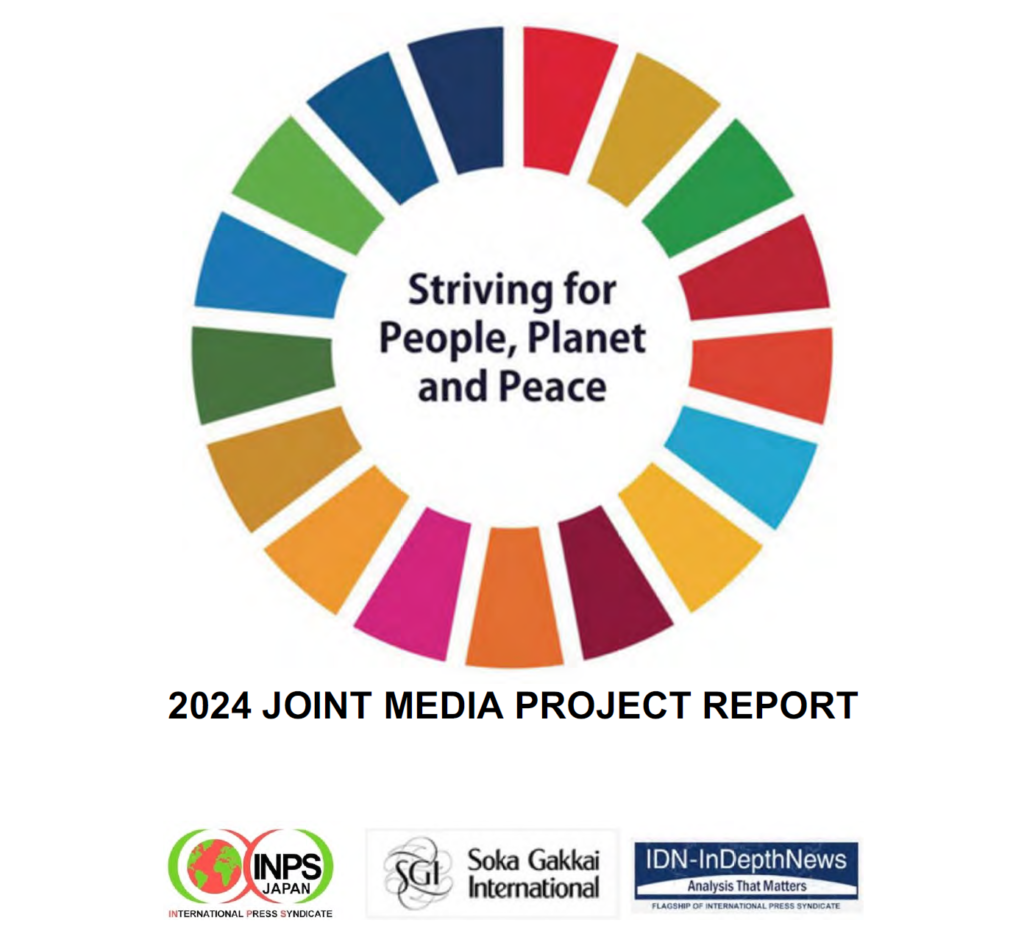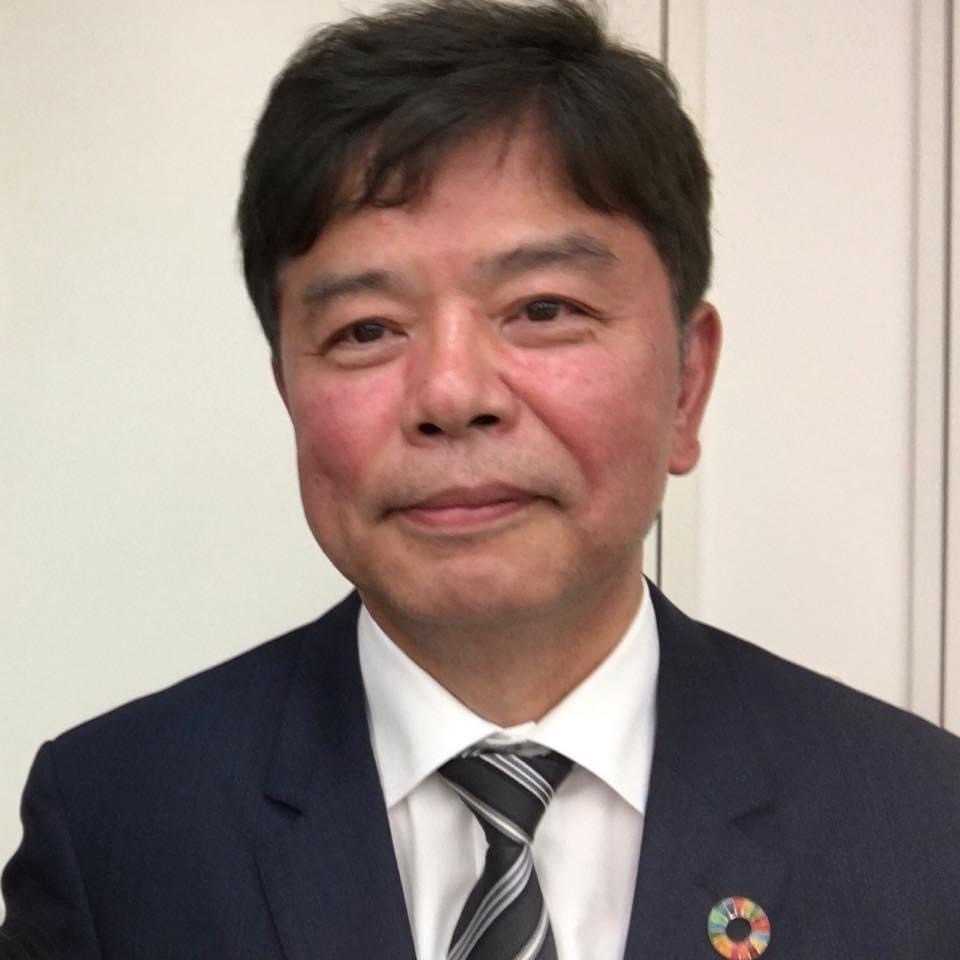By Tetsuo Kondo
Specially-appointed Professor, Kyoto University Former Director of UNDP Office in Japan
Tokyo (INPS Japan) – Some people reading this article may have had a major life-threatening illness in the past and recovered as a result of good treatment. I had an experience when I was diagnosed with stomach cancer, but my life was saved thanks to a competent surgeon. The state of humanity and the planet today overlaps with my experience.
The 6th Planetary Health Annual Meeting (PHAM) took place at Sunway University, Malaysia in April 2024. It delved into issues in the four areas of governance, communication, education, and business, all of which are key to the world’s population’s understanding of planetary health.
The concept of planetary health is closely linked to the UN Sustainable Development Goals (SDGs): the SDGs, developed in 2015, are a set of 17 interlinked global goals. Unfortunately, the progress of the SDGs is slow or even backward.
Planetary health focuses on understanding and addressing the impact of human-induced destruction of the Earth’s natural systems on human health. By recognizing that human health depends on the Earth’s environment, the concept of planetary health is seen as an essential framework for achieving the SDGs.
The PHAM highlighted various complex links between the state of the planet and human health. Degradation of natural systems due to deforestation, pollution, and greenhouse gas emissions directly and indirectly impacts human health.
These include outbreaks of new infectious diseases, food and water insecurity, non-communicable diseases, and deteriorating mental health. Therefore, addressing planetary health contributes to the achievement of multiple SDGs.
We live in a closely-knit world. However, shared and interlinked global challenges, such as runaway climate change, outstrip our organizations’ ability to respond. We are facing ‘global gridlock,’ a situation exacerbated by the increasing polarisation of opinion within and among countries, which brings about a barrier to international cooperation.
Despite the wealth and technology available, why are we stuck? In an increasingly polarised world, is it possible to take action to tackle shared global challenges? The United Nations Development Programme (UNDP) also asks this question. Its Human Development Report 2023-24 recommends that appropriate multilateral cooperation be pursued to meet human sustainability challenges head-on.
It reminds us that our shared survival aspirations go beyond achieving well-being and that people can gain more control over their lives, feel less threatened, and be more empowered to act on shared challenges. We should make all efforts to ensure good health of both humanity and this planet.
INPS Japan
- This is the forward message for 2024 SDGs for All Report which compiles project articles published between April 1, 2023 – March 31, 2024.

Related articles:
UN Can Model Innovative Ways to Engage Youth




